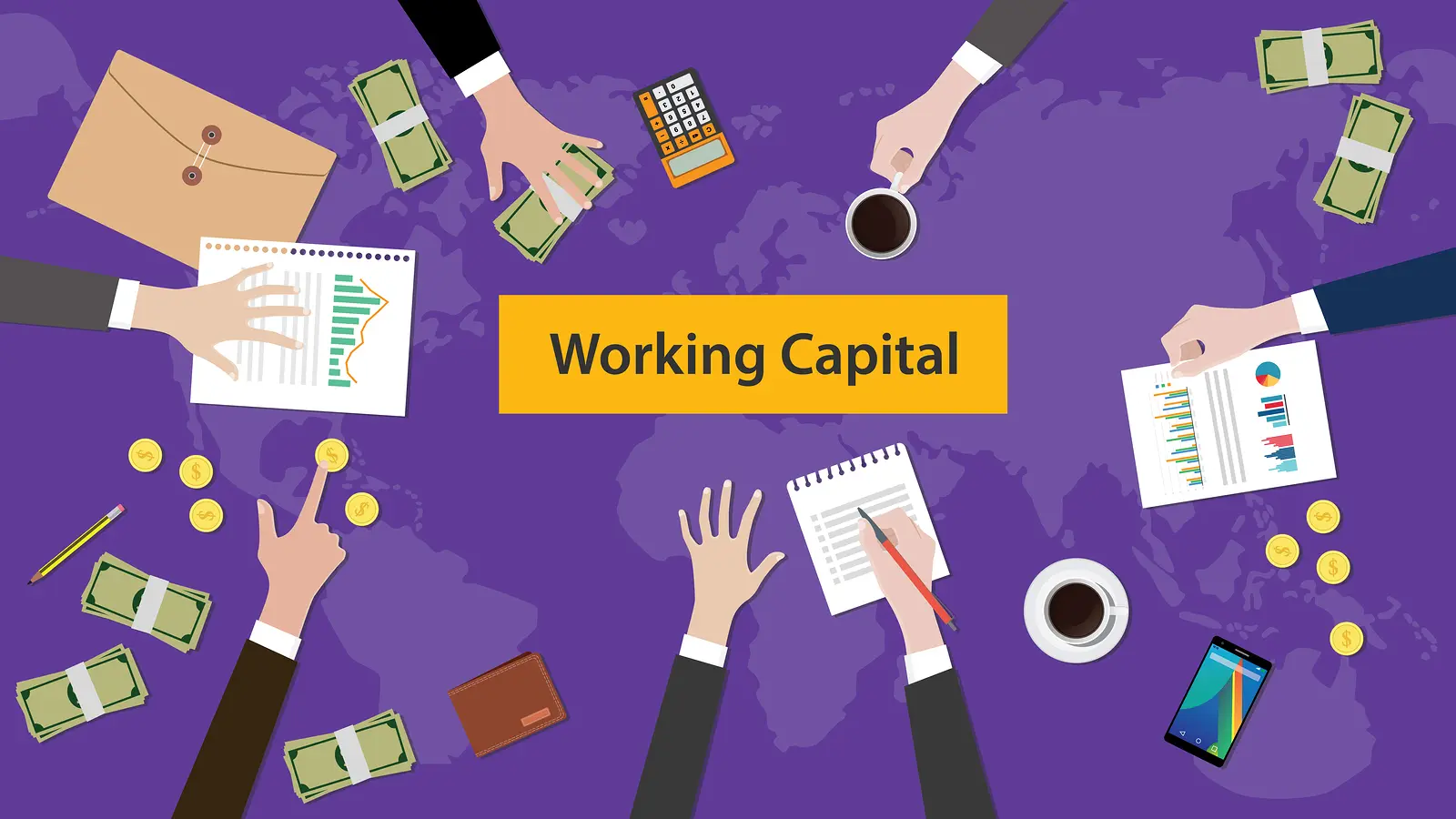
How Do Small Business Loans Work?
Small business loans are financial products designed to provide funding to small businesses to support their growth, operations, or specific initiatives. Here's how they work:
- Application Process: To apply for a small business loan, a business owner typically submits an application to a lender. The application may require information about the business's financials, including revenue, cash flow, assets, and liabilities, as well as the purpose of the loan.
- Review and Approval: The lender evaluates the business's creditworthiness based on factors such as credit history, business performance, industry risk, and collateral (if applicable). The lender may also assess the borrower's ability to repay the loan based on projected cash flow and financial projections.
- Loan Terms: If approved, the lender will offer the borrower a loan with specific terms, including the loan amount, interest rate, repayment schedule, and any fees associated with the loan. The terms may vary depending on factors such as the borrower's creditworthiness, the purpose of the loan, and the lender's policies.
- Disbursement: Once the borrower accepts the loan terms, the lender disburses the funds to the business. The funds can be used for various purposes, such as purchasing equipment, expanding operations, hiring employees, or covering working capital needs.
- Repayment: The borrower is responsible for repaying the loan according to the terms outlined in the loan agreement. This typically involves making regular payments, either monthly or quarterly, over a specified period. The repayment schedule may include principal and interest payments, or it may be interest-only with a balloon payment due at the end of the loan term.
- Interest and Fees: Small business loans may have fixed or variable interest rates, depending on the loan type and lender. Additionally, lenders may charge fees such as origination fees, application fees, or prepayment penalties. It's essential for borrowers to understand all associated costs and fees before accepting a loan offer.
- Collateral and Guarantees: Depending on the lender's requirements and the borrower's credit profile, small business loans may be secured or unsecured. Secured loans require collateral, such as business assets or personal assets, to secure the loan, while unsecured loans do not require collateral but may have higher interest rates or stricter eligibility criteria. In some cases, lenders may also require a personal guarantee from the business owner, especially for new or high-risk businesses.
The Best Small Businesses Loans 2024
As of 2024, the best small business loans may vary depending on the specific needs and circumstances of each business. However, several reputable lenders consistently stand out for their competitive rates, flexible terms, and excellent customer service. Here are some of the top small business loan options to consider:
- Lendio: Lendio is an online marketplace that connects small businesses with a network of lenders, offering a variety of loan options, including term loans, lines of credit, SBA loans, and more. With a streamlined application process and access to multiple lenders, Lendio helps businesses find the best financing solution tailored to their needs.
- Funding Circle: Funding Circle specializes in providing term loans and lines of credit to small businesses, offering competitive rates and transparent terms. Their online application process is quick and straightforward, with funding available in as little as a few days.
- BlueVine: BlueVine offers lines of credit and invoice financing solutions designed to help small businesses manage cash flow and working capital needs. With fast funding and flexible terms, BlueVine is a popular choice for businesses seeking short-term financing solutions.
- OnDeck: OnDeck provides term loans and lines of credit to small businesses, with a focus on speed and convenience. Their online application process is user-friendly, and funding decisions are typically made within hours, making OnDeck a reliable option for businesses in need of quick financing.
- Kabbage: Kabbage offers lines of credit to small businesses through an automated online application process. With flexible terms and instant funding available, Kabbage is well-suited for businesses looking for on-demand access to capital to cover short-term expenses or unexpected costs.
- StreetShares: StreetShares specializes in providing small business loans to veteran-owned businesses, as well as government contractors and other small businesses. Their loan products include term loans, lines of credit, and contract financing, with competitive rates and personalized service.
- SmartBiz Loans: SmartBiz Loans is a marketplace for Small Business Administration (SBA) loans, offering a streamlined application process and quick funding for qualified borrowers. With access to SBA-backed loans, businesses can secure long-term financing with low-interest rates and favorable terms.
- Bank of America: Bank of America offers a range of small business loan options, including term loans, lines of credit, SBA loans, and commercial real estate financing. With personalized service and competitive rates, Bank of America is a trusted lender for businesses of all sizes.
- Wells Fargo: Wells Fargo provides small business loans, lines of credit, and SBA loans to help businesses grow and thrive. With a nationwide network of branches and online banking services, Wells Fargo offers convenience and flexibility for small business owners.
- Chase Business Banking: Chase Business Banking offers a variety of financing options for small businesses, including term loans, lines of credit, and equipment financing. With competitive rates and flexible terms, Chase Business Banking is a reliable choice for businesses seeking financing solutions.
When considering small business loans, it's essential for business owners to evaluate their financial needs, compare loan options, and choose a lender that offers the best fit for their business goals and circumstances. Additionally, it's advisable to review the terms and conditions carefully, including interest rates, fees, repayment terms, and eligibility requirements, to ensure that the loan meets the business's needs and budget.









